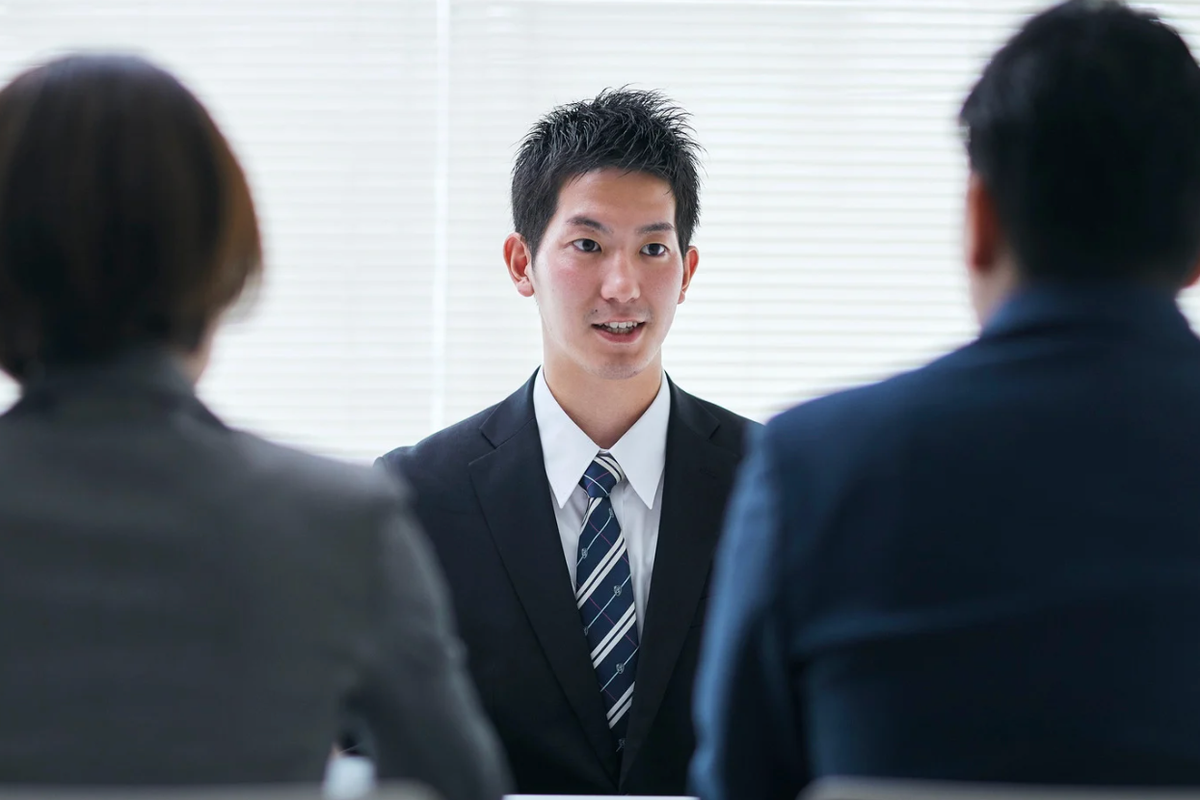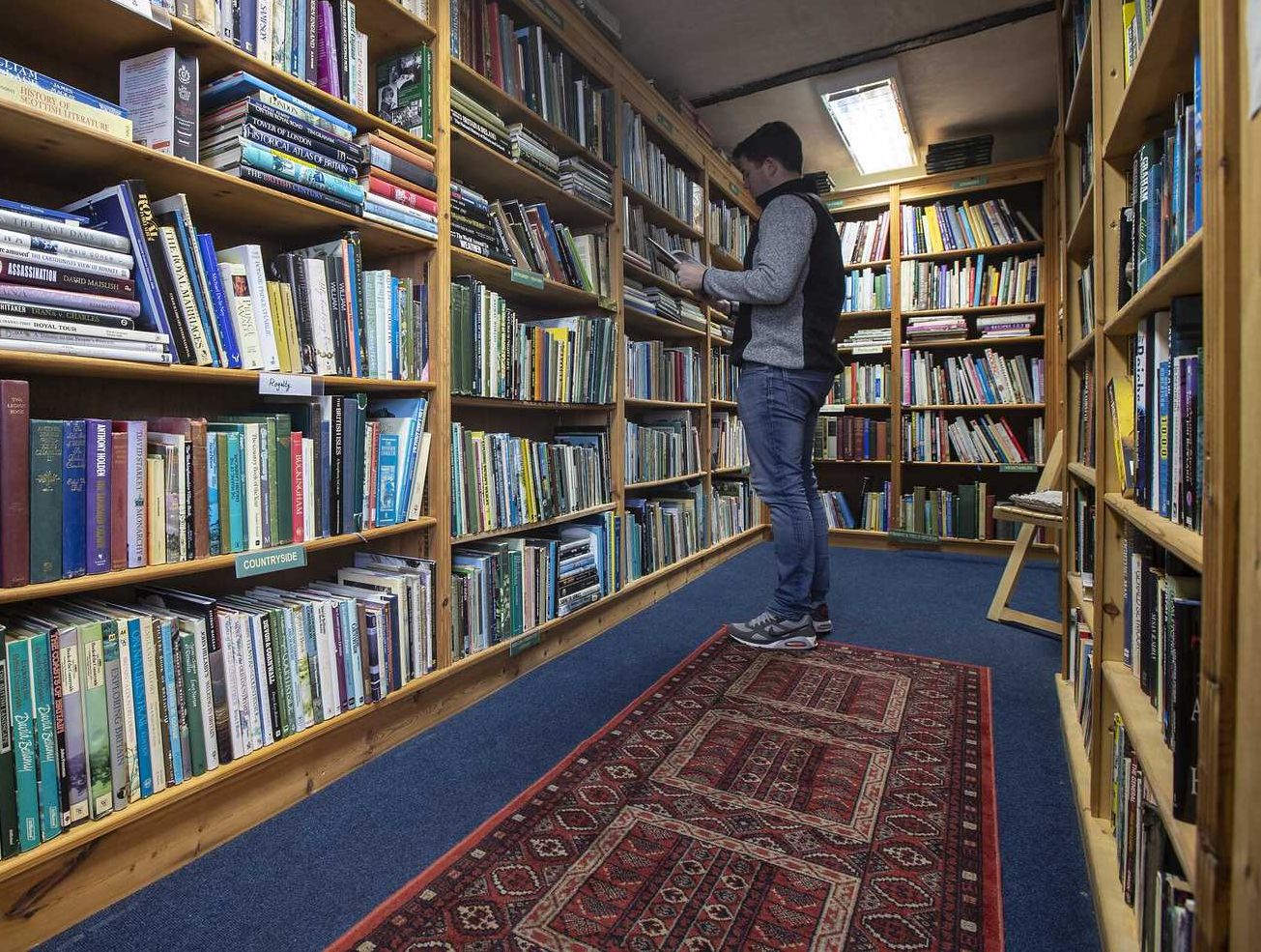8 gay things we were taught as '90s kids
There was a time, not that long ago, when gay marriage was unthinkable. Gay people were not trying to get married ... they were trying to be treated as human beings. That change did not happen by itself. Here are eight people who made those changes happen.
Before we get this party started, let one of the patron saints from the '90s get you in the mood for our trip back in time.
The '90s were the awkward kid of the 20 century...
...and those of us who lived them know what I'm talking about because most of us were busy being awkward kids too.
But we grew up.
And I think we turned out preeeeetty effing sexy.
The '90s were really important for some social movements, and we got to be part of them.
Gays were in the media, celebrities were coming out of the closet, politicians were starting to fight the good fight, and the freedoms and rights that LGBTQ communities enjoy today were planted in the '90s.
Like Edward Scissorhands sculpting the topiaries of our hearts, these eight people were busy sculpting our understanding of an emerging movement.
8) Bill Clinton chipped away at discrimination for gay people.
Today, "Don't Ask, Don't Tell" is seen as a dated, bigoted piece of American history. However, it was a really progressive move in 1994 that started a huge conversation about gay rights. Before DADT, members of the armed services were being dishonorably discharged because of their sexual orientations. Clinton put a stop to that by saying "sex is none of the government's business," a bold move that was one of his first acts when he took office.
7) Pedro changed the stigma of HIV/AIDS.
Pedro Zamora was the first openly gay man with AIDS to be portrayed in popular media. This is a true story of one man who lived in a house with six people who did not fear his disease. Before MTV's "The Real World" in San Francisco, many of us had only seen the devastating side of HIV/AIDS. Keep in mind that in the '90s, people still thought you could contract the disease by sitting on a toilet seat. Pedro showed us that we were wrong and made us think differently. He showed us that living with or around someone with HIV is nothing we should fear.
After filming "The Real World," Pedro continued to work as an activist until he died a year later. Thanks for your work, Pedro.
6) Ellen made gay OK on the networks.
Before her talk show, Ellen had her own sitcom with male love interests.
But after a few seasons, she decided to come out of the closet on the show. She announced her sexuality to a cheering, live studio audience, which was unheard of at the time. Although by 1997 there were 22 lesbian or gay characters in supporting roles, this was the first time we had ever seen a leading prime-time character come out.
5) Judy Shepard made us safer.
The '90s brought us happy times, but there were sad times too. In 1997, Matthew Shepard was beaten, tied to a fence post, and left to die in Wyoming ... all because he was gay. His mom, Judy Shepard, made it her life's work to fight for the rights of the LGBTQ community. She spoke at fundraisers and lobbied politicians. Judy Shepard fought for justice. Obama sighed the Matthew Shepard Act into law in 2009, 12 years after the murder of her son. Here's Judy reading her impact statement:
And here's Ellen interviewing Judy just after the act was signed into law.
4) Michael Stipe was normalizing.
By the time Michael Stipe came out as bisexual, everyone was sorta, "Meh, sing something else for us, you handsome singing god." Stipe had reached the peak of commercial success with hit albums in 1991 and 1992. Before the release of "Monster," Stipe decided it was time for his fans to know who he really was. He gave many of us the courage to step out with him. Stipe, if you read this, you did it for me. Thanks.
3) Melissa Etheridge showed us love is love.
There was a time that we did not know the raspy-voiced folk singer was gay, which seems sorta strange since she's been a crusader for gay rights for so many years. By 1993, Etheridge had achieved much success with melodies and words about love that straight and gay people were relating with. She shocked the world (even K.D. Lang) at Bill Clinton's inauguration ball when she came out. Her lyrics suddenly had slightly different meanings to the world, and we began to realize the storytelling of love in music could transcend the divide between straight people and gay people. She taught us love feels like love. Check out her epic coming-out moment:
2) RuPaul chipped away at having to be apologetic.
RuPaul took being a drag queen mainstream. After her hit song "Supermodel," we started to see straight clubs filled with dudes shaking their heads, dancing, and singing to a drag queen while trying to pick up women. Everything was different.
1) Madonna is our sprit animal, our unicorn of the '90s.
Madonna bounded through the '90s like a gay whisperer. She made great music and made out with other women (even though she dated men). She taught us to bend the sexuality rules without apologizing to anyone. She was sorta like our "celebrity-mom-for-gays" who explained things our real moms wouldn't want to talk about, like HIV, sex, and human rights. Her words "Don't be silly, wrap your willie" brought many people (gay and straight) through the one-night stands of our 20s. She loved her gay fans and used her voice to fight for gay rights. No one did it like her. And as an added Madonna bonus, I could hang her poster up in my room to fool my friends and family into thinking I was straight until she contributed enough courage to help me come out. Madonna forever.
I know there are more — these are only the top eight who helped me. Tweet me at @DtnMatt and let me know the important people of your adolescence!









 A woman reading a book.via
A woman reading a book.via A woman tending to her garden.via
A woman tending to her garden.via

 Cats can be finicky about how they're held.
Cats can be finicky about how they're held.  Squish that cat.
Squish that cat. 

 A person browses at The Open Book in Scotland.Photo Credit: Colin Tennant, Flickr
A person browses at The Open Book in Scotland.Photo Credit: Colin Tennant, Flickr The bedroom for rent above The Open Book in Scotland.Photo Credit: Colin Tennant, Flickr
The bedroom for rent above The Open Book in Scotland.Photo Credit: Colin Tennant, Flickr